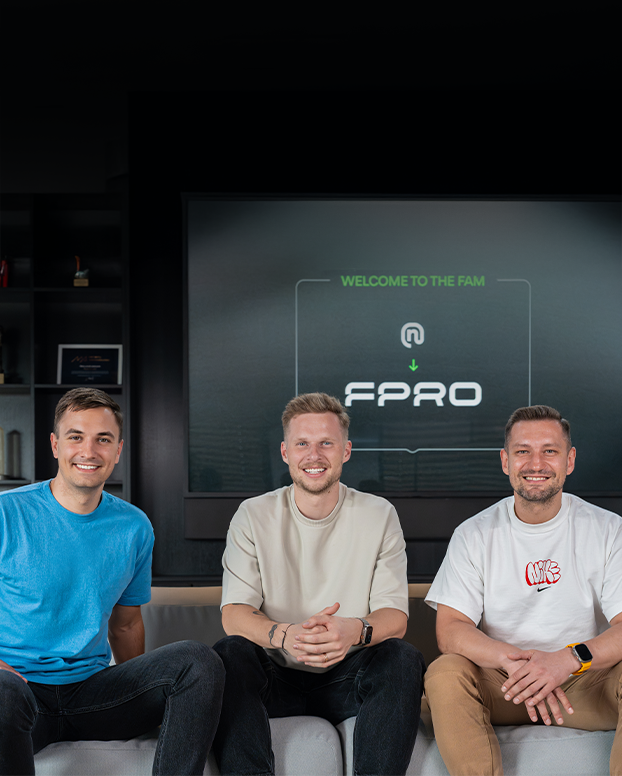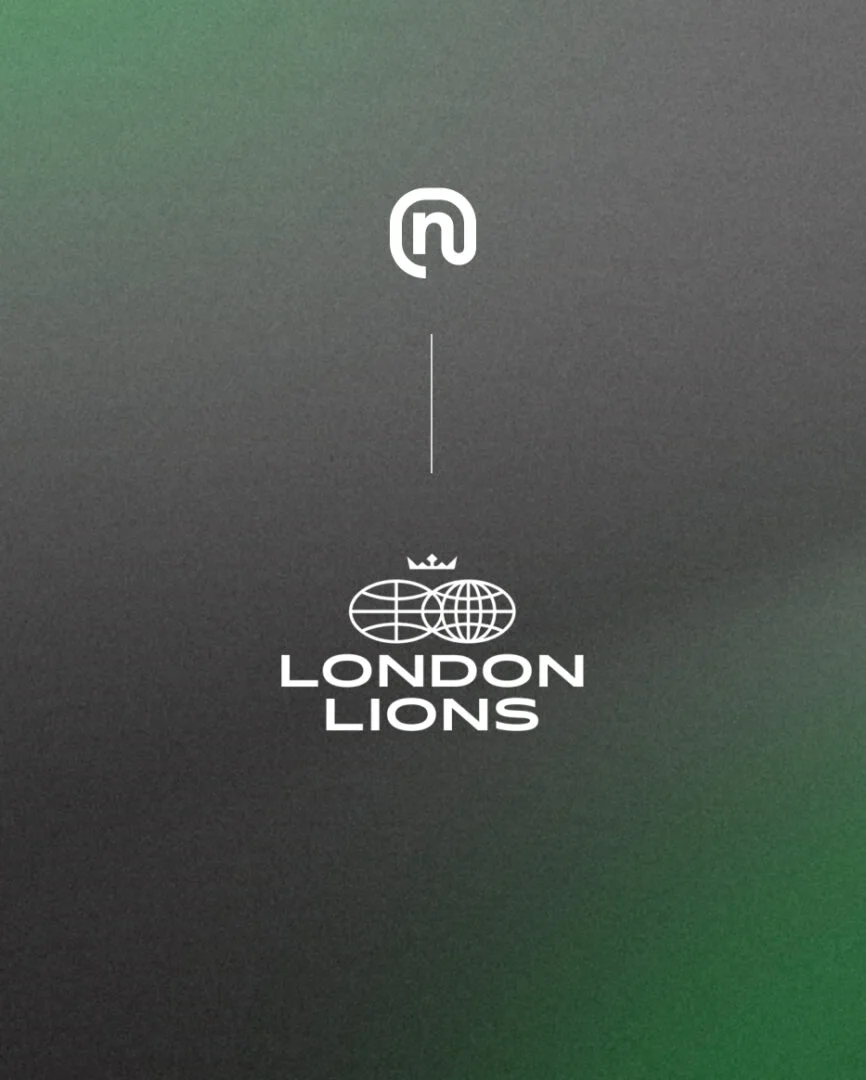
Kazimieras Celiešius: Playing in Godmode – how tech accelerator is not your usual startup
March 12, 2021•6 mins read
The market is bursting with new ideas – everyone’s trying to create something unique and earn the world’s attention. Every well-known company started with a regular person and an idea: Facebook was launched in Harvard’s dorm rooms, three guys renting mattresses created Airbnb, Linkedin came into existence from someone’s living room, and so on. Tesonet has a similar story with two main characters – Tomas and Eimantas in Fabijoniškės. However, over time Tesonet changed from a startup into an accelerator, turning products built in-house into independent businesses worldwide. In this week’s blog, we talked with one of our CTO’s here at Tesonet, Kazimieras Celiešius, about the differences and perks of startups and accelerators.
Let’s start from the beginning – what’s playing in God mode, and what does it have to do with a tech accelerator?
OK, so the god mode refers to a cheat code in video games that gives you unlimited health. It means that you can’t get killed and are free to go guns blazing. Naturally, the game becomes easy. In a tech accelerator, things that should take you months can take just minutes because of the fantastic resources available. For example, in a startup, you could spend weeks designing a concept of some feature. In an accelerator, you can just message someone on Slack and ask to see its source code. The same applies when picking a vendor: you can avoid 500 bad ones and go with one good one that’s been used before. It’s that sort of thing. The person who coined the phrase predates all of our talks about being a tech accelerator. But I think he had a good sense of it.
So how would you say “an accelerator” differs from “a startup” or other company models that deal with innovation?
The crucial difference between an accelerator and a startup is that the former gives you access to the entire business infrastructure that a startup won’t have. For example, let’s take employer branding. Everyone wants to work with a great team of professionals. But gathering a genuinely experienced team when you have a 3-day-old company is impossible. The best you can do is to hope you get lucky. Under the umbrella of a tech accelerator, you don’t have to spend too much time building credibility. You’re credible from the start.
Next comes the technical expertise. If you want, you can act like a startup and build things from scratch. But if you cannot afford to do it due to the lack of resources, being a part of an accelerator, you may airlift entire business areas and start working with your project in no time. You may keep the luxury of building things from scratch for later. In my opinion, it’s incredible – there’s great flexibility here.
Would you say that the continuous support from the experts working around you is the main advantage of a tech accelerator? Why?
The main advantage is that you can have this expertise, but you don’t have to use it. So when you build your team and product, it’s your choice how much of it you’re actually going to use. You can naturally delay some parts for months or even years, concentrating on other tasks in the meantime. And you may want to do others yourself from the get-go, and that’s fine too. It allows you to prioritize and launch the best version of your project – either with others’ help or not. You decide.
How quickly can a new product be born in a tech accelerator? What kind of setting is necessary for that to happen?
Depends on the product. But in general, I’d say you can cut your launch time in half. If you’re good at pinpointing your MVP, you could probably even reduce it some more. It really depends on the initial team and whether they can zone in on their goals fast enough. It would be best to stop worrying about what isn’t perfect in your new product and what you’re missing. Better to focus on what things you do have. I know that this part is difficult for many – especially those with A-type personalities. You just have to accept that it’s never going to be “ready” or “perfect” and rather know when it’s good enough to go. I can attest that it’s a very humbling experience when you come from a global brand.
OK, but wouldn’t you agree that startups have an advantage of fresh minds coming up with original problem solutions?
For sure. Startups have that survival mentality and new startup smell in the air. But in an accelerator, there is an entirely different tolerance for mistakes and a much more competent team for fixing those mistakes. In a startup, every week can be deadly. I remember reading an interview with the founder of Spotify, and he said that he couldn’t have started a company like that if it weren’t for the safety net that Sweden provides to its citizens. A stable environment and a safety net isn’t a bad thing. If you have it, there’s more freedom, and you don’t have to go with your first solution because it’s the only one you have at the time. Taking your time to consider your options is viable then.
It also depends on how much experience in a particular field or problem your accelerator has. If it’s not a lot, then you’ll get all of those startup vibes rushing right back at you. Except it will be less of a struggle and more of a fun exercise that lets you grow personally and professionally. And it shows that you’re on the right track.
What other challenges does an accelerator present compared to other company models? And how do you deal with them?
Well, firstly, you feel significantly inferior when compared to your sister companies. So once in a while, you need to see if your sanity is in check. There’s also the risk of becoming too dependent on established solutions. If something worked in the past, it doesn’t mean that it’ll work for you as well. Different products call for other actions and decisions, so you need to be careful in that regard. Be sure to always stay critical and keep an open mind.
And speaking about your experience, how often does an idea turn into a full-blown project? Can you foresee in advance what’s about to come?
To be honest, I’m not that much of a creative person. Other people on my team are more idea-driven. So when they think of something, I’m much more interested in seeing where it’ll lead. And in those moments, I can leverage my experience at Tesonet to support the good ones. It’s not omnipotence, but it’s an expression of prudence, I suppose. And that’s the next best thing.
Read more like this
-
Business
May 22, 2025•4 mins read
Tesonet launches initiative to bring AI tools to schools in Lithuania
-
Business
March 12, 2025•2 mins read
Tesonet Plans to Build New Basketball Arena in London
-
Business
February 27, 2025•2 mins read
Tesonet Foundation Launch: Not Just Charity—Strategy
-
Business
March 14, 2024•6 mins read
Finding your focus - North Star Metrics in B2B marketing analytics







